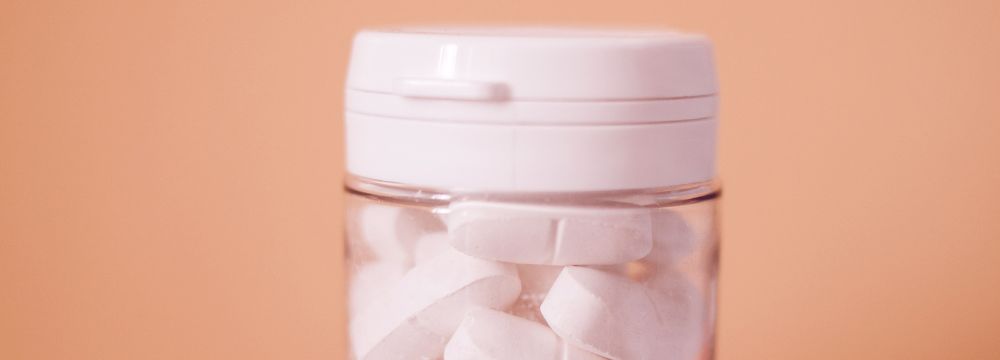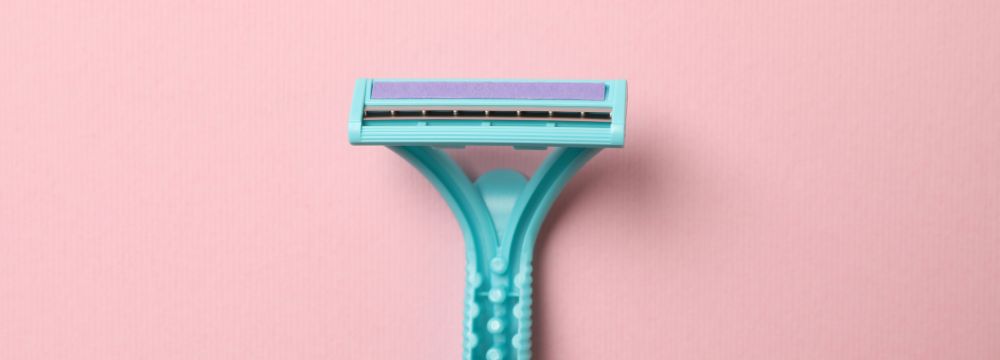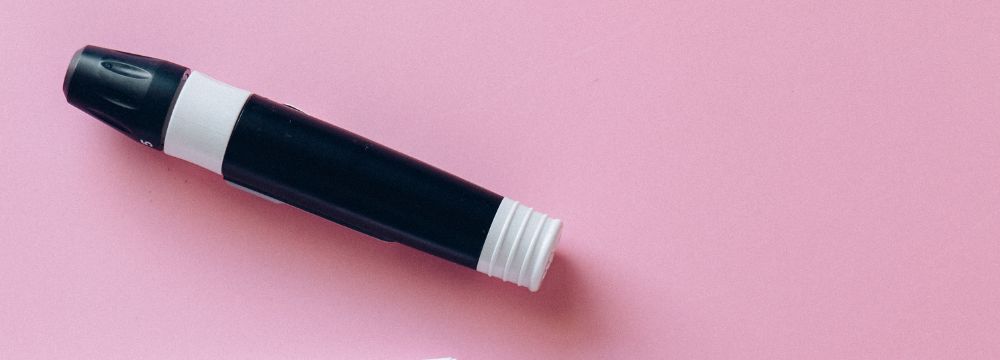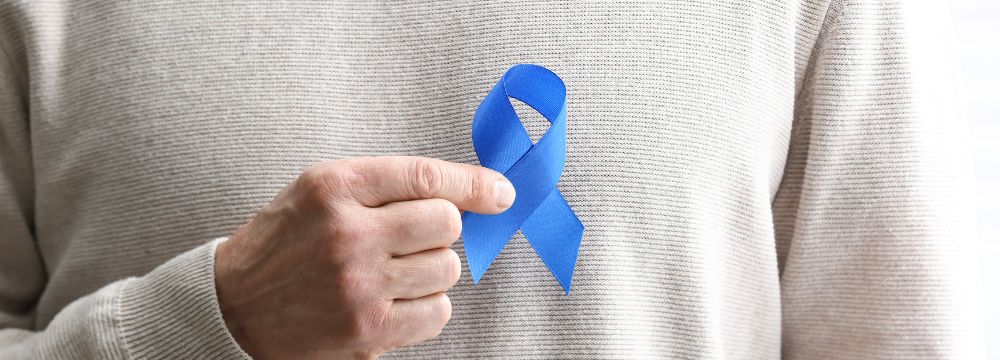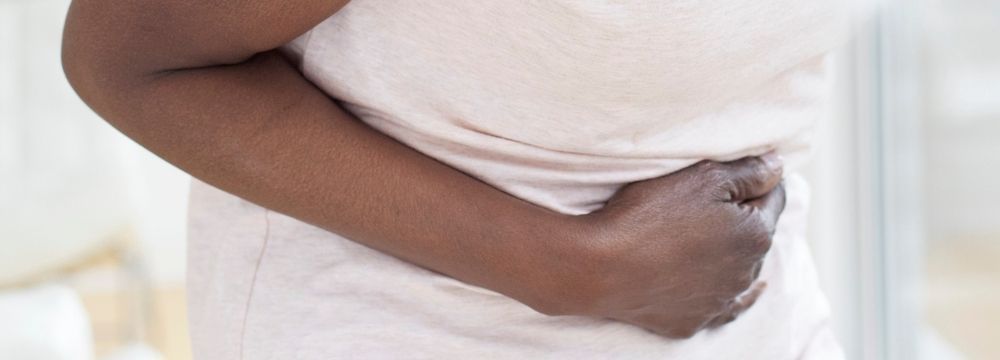Colon & Rectal
According to a recent Wall Street Journal article, there has been a significant trend in using laxatives among the aging population and even younger people. The movement originated during the worst COVID pandemic when virtually every part of our lives was thrown off kilter. However, there are also easily explained causes for this increase in demand, like a population that is also steadily aging – laxatives tend to become more necessary as we age. However, this phenomenon still doesn’t fully explain why younger people buy and consume laxatives more than ever. Let’s discuss some reasons and what we can do about it.
However, before delving into the reasons for increased constipation, we must stress that responsible laxative use is imperative. While many are sold over the counter, laxatives are not without risks; one can become dependent on specific drugs – in other words, the body can become dependent on the laxative for future bowel movements. When the laxatives are discontinued, constipation can be much worse. Other laxatives may cause nausea, diarrhea, and more, so any laxative use should be under the guidance of a physician. Now, back to our discussion on increased use.
Fiber
First, we all must understand what our fiber requirements are. The average adult should consume about 25-30 grams of fiber daily. Unfortunately, most adults get less than half of that, potentially causing G.I. concerns. Consider fiber as the colon’s scrubber; without it, building the bulk necessary for a regular bowel movement is far more challenging. Alongside fiber, patients should increase their water intake as the colon requires lots of water to develop stool and process food into waste most efficiently. There’s something to be said here for a post-pandemic lifestyle change, with many failing to follow a proper diet and exercise regimen that contributes to healthy bowel movements. Further, with food prices recently increasing, processed foods are ever more attractive but should be avoided.
Anxiety
Anxiety can also cause constipation. And we have seen a dramatic increase in this mental health concern, especially in younger adults, since the pandemic. Today, there is a full-blown mental health crisis in the US. The US Preventative Task Force has pointed toward anxiety as a cornerstone of the problem. The surgeon general has also weighed in on adolescent mental health issues caused primarily by social media. Unfortunately, adult anxiety is underdiagnosed and under-treated, and reversing the trend will not be easy.
Weight Loss
Some people also use laxatives for weight loss – for many, it makes them “feel light.” However, this is a bad idea. While patients may lose weight using laxatives, most of what they lose is water. Laxatives can and do cause dehydration and related problems. Chronically dehydrated people are at a higher risk of obesity and physical and psychological impairments.
Dietary Choices
Our diets have changed dramatically over the past few decades and even in the past few years. This is highlighted in the rising levels of obesity seen across the United States and worldwide. Eating highly processed foods can alter hormonal levels and gut bacteria balance, which can cause constipation and other physical ailments of the G.I. tract.
Weight Loss Meds
The proliferation of weight loss medications like Wegovy and diabetes drugs like Mounjaro and Ozempic, often prescribed off-label for excess weight, may contribute to this concern. Patients who take these medications constantly report not feeling hungry at all. While they lose significant weight, they also risk various nutritional deficiencies and severe G.I. imbalances, including constipation. This is exacerbated if they do not drink enough water throughout the day.
Misconceptions
Misconceptions about regular bowel movements may also play a role. Many people mistakenly believe that they must have a daily bowel movement. But anything from three a day to three a week is entirely normal.
What Can Be Done?
Fortunately, proper gut health and improvement in constipation can be achieved relatively quickly and with just a few modifications. Essentially, it comes down to improvements in lifestyle, including better exercise habits, improving diet to include more whole fruits and vegetables that will also increase fiber intake, and prioritizing mental health to manage anxiety more effectively, amongst other ailments. With fiber being a cornerstone of good gut health, we suggest that if you need more, you could supplement with chewable gummies, tablets, or powders like psyllium husk. While getting your fiber with food is ideal, sometimes we need some help from supplements.
As colorectal specialists, we see many preventable diseases and conditions in the large intestine. Often, patients have significant issues because of these problems, and management, once they become severe, can be complex and lengthy. As such, we hope you visit a colorectal specialist before considering or continuing laxative use to see your options for better gut health.

